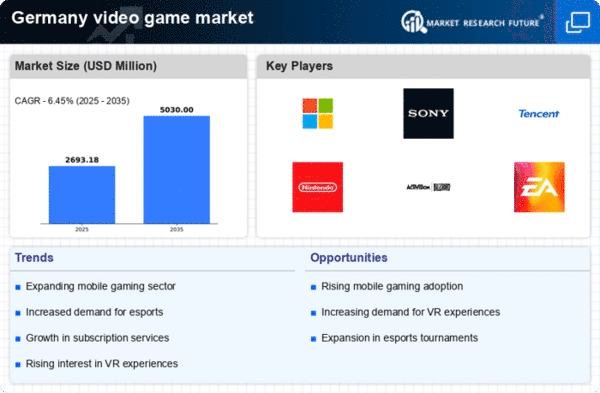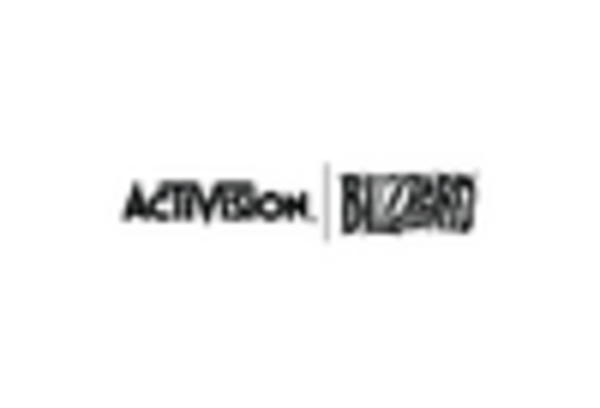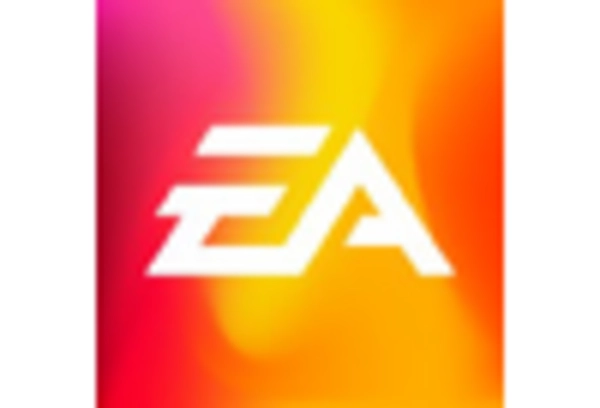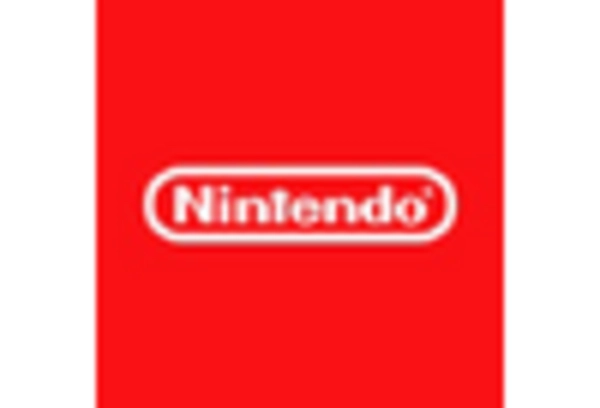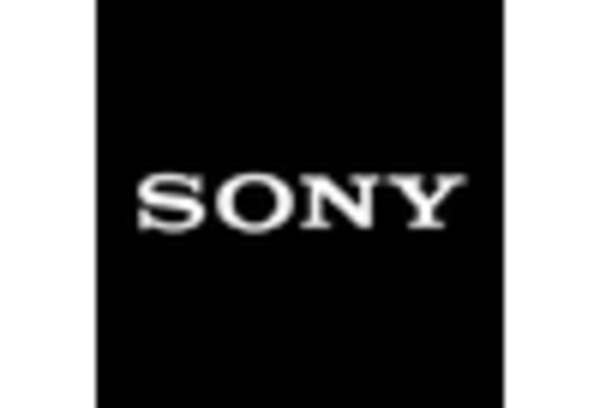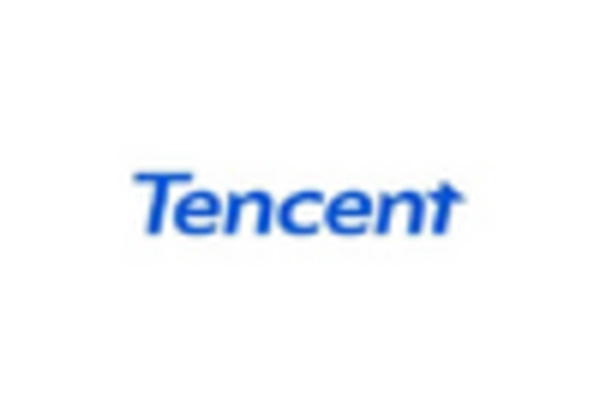Investment in Esports
The growing investment in esports is a notable driver for the video game market in Germany. As of 2025, the esports sector is projected to generate revenues exceeding €300 million, reflecting a burgeoning interest in competitive gaming. This investment not only enhances the visibility of video games but also attracts sponsorships and partnerships, further legitimizing the industry. The video game market stands to benefit from this trend, as esports events draw large audiences and foster community engagement. Moreover, the rise of esports may encourage traditional gamers to explore competitive gaming, potentially expanding the overall market and creating new revenue streams for developers and publishers.
Focus on Sustainability
Sustainability is becoming an increasingly important consideration within the video game market in Germany. As consumers become more environmentally conscious, there is a growing demand for eco-friendly practices in game development and distribution. Companies that prioritize sustainability may gain a competitive edge, appealing to a demographic that values corporate responsibility. As of 2025, approximately 60% of gamers express a preference for brands that demonstrate commitment to environmental initiatives. This trend suggests that the video game market could see a shift towards greener practices, including digital distribution to reduce physical waste and the use of sustainable materials in packaging. Such initiatives may not only enhance brand loyalty but also contribute to the overall growth of the market.
Diverse Gaming Platforms
The proliferation of various gaming platforms, including consoles, PCs, and mobile devices, significantly influences the video game market in Germany. As of 2025, the console market alone is valued at approximately €2.5 billion, reflecting a strong consumer preference for high-quality gaming experiences. This diversity allows developers to target different demographics and preferences, catering to casual gamers and hardcore enthusiasts alike. The video game market is likely to see continued growth as new platforms emerge, including cloud gaming services that offer flexibility and accessibility. This trend may also encourage cross-platform play, fostering a more inclusive gaming community and driving overall market expansion.
Evolving Consumer Preferences
Consumer preferences in Germany are shifting towards immersive and interactive gaming experiences, which is reshaping the video game market. Gamers increasingly seek titles that offer rich narratives, engaging gameplay, and social interaction. As of 2025, approximately 70% of gamers express a preference for games that incorporate social features, such as multiplayer modes and community engagement. This trend suggests that the video game market must adapt to meet these evolving demands, potentially leading to the development of more innovative and collaborative gaming experiences. Additionally, the rise of subscription services may cater to these preferences, providing gamers with access to a diverse library of titles that align with their interests.
Increasing Internet Penetration
The expansion of high-speed internet access in Germany plays a crucial role in the video game market. As of 2025, approximately 95% of households have access to broadband internet, facilitating online gaming experiences. This connectivity allows players to engage in multiplayer games, download content, and participate in live events. The rise in internet penetration is likely to enhance user engagement and retention, as gamers can easily access a wide array of titles and services. Furthermore, the video game market benefits from this trend, as developers can reach a broader audience, leading to increased sales and revenue generation. The growing reliance on digital distribution platforms further underscores the importance of robust internet infrastructure in driving market growth.


